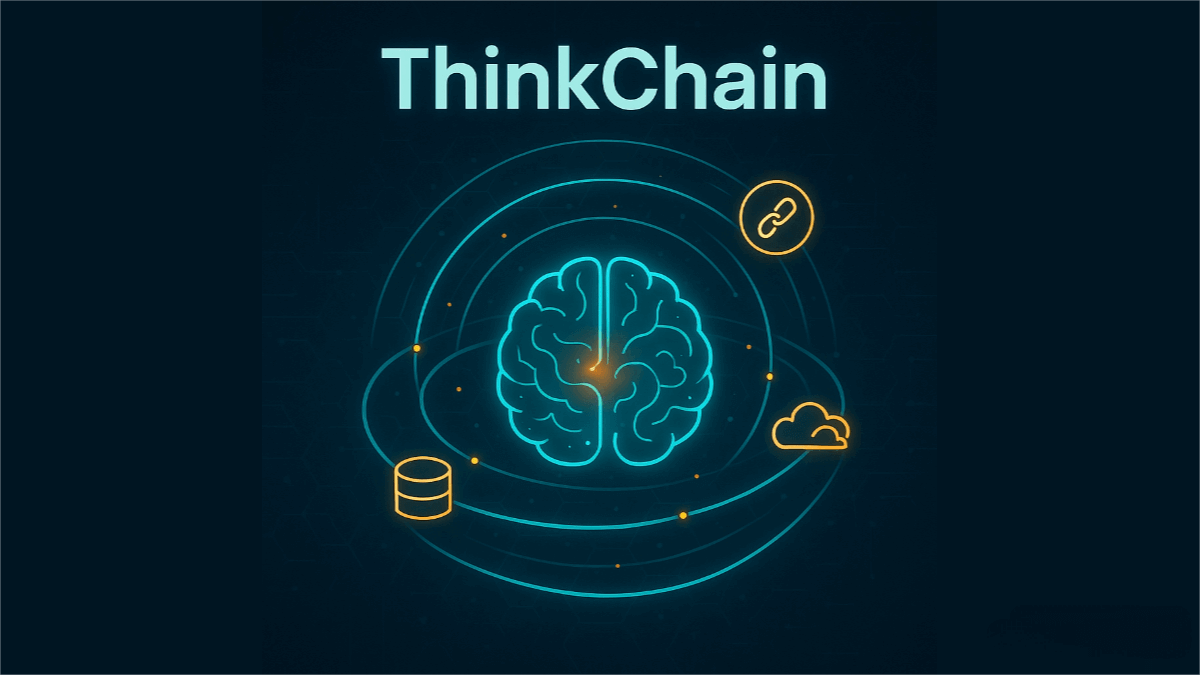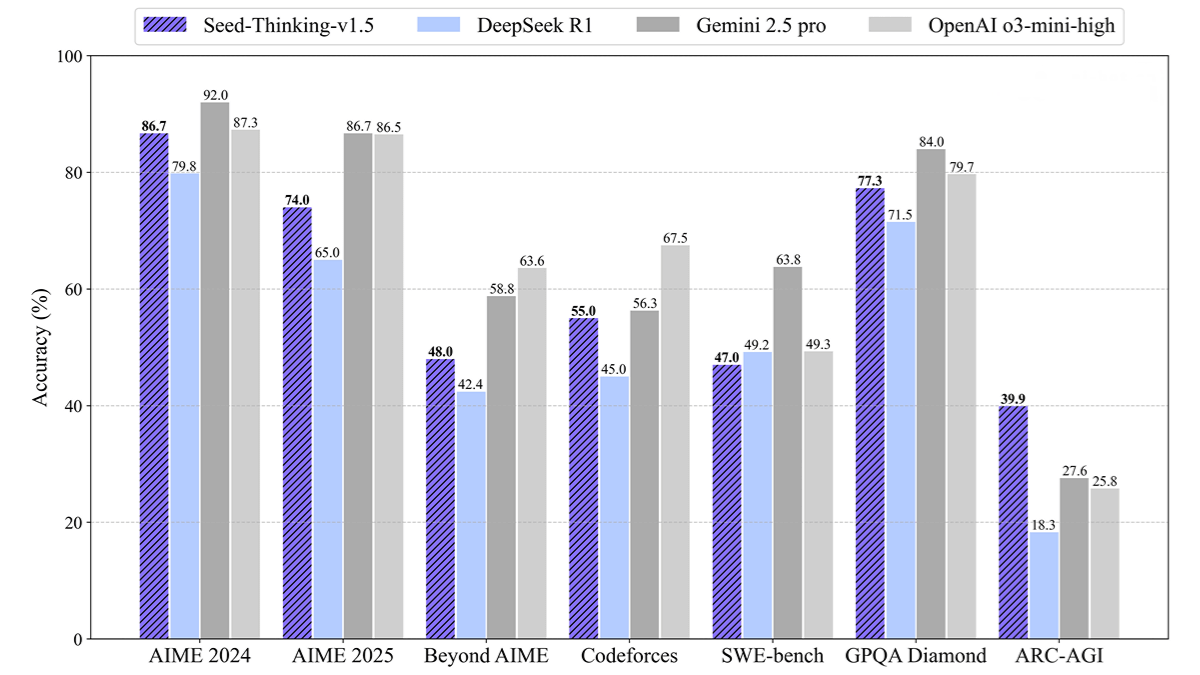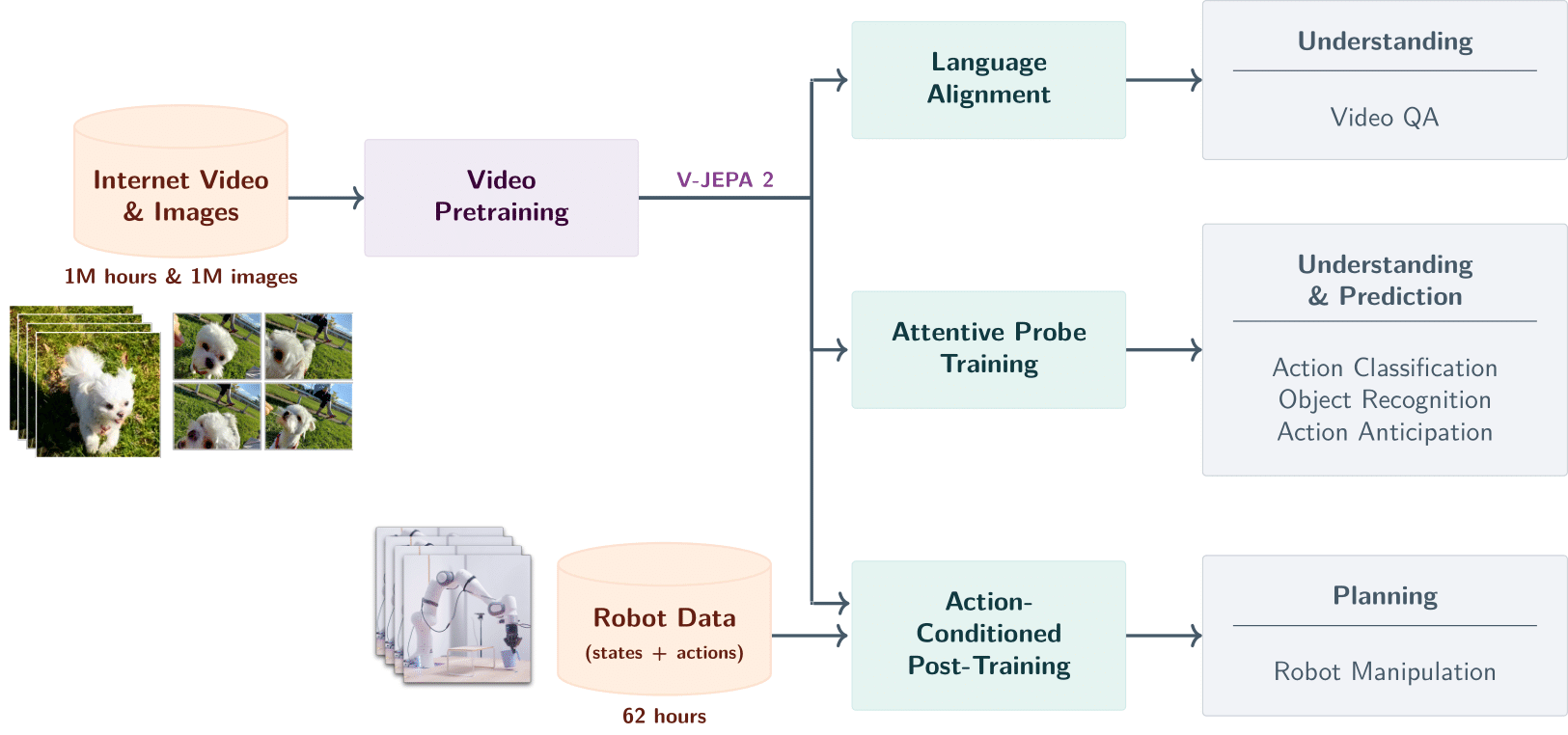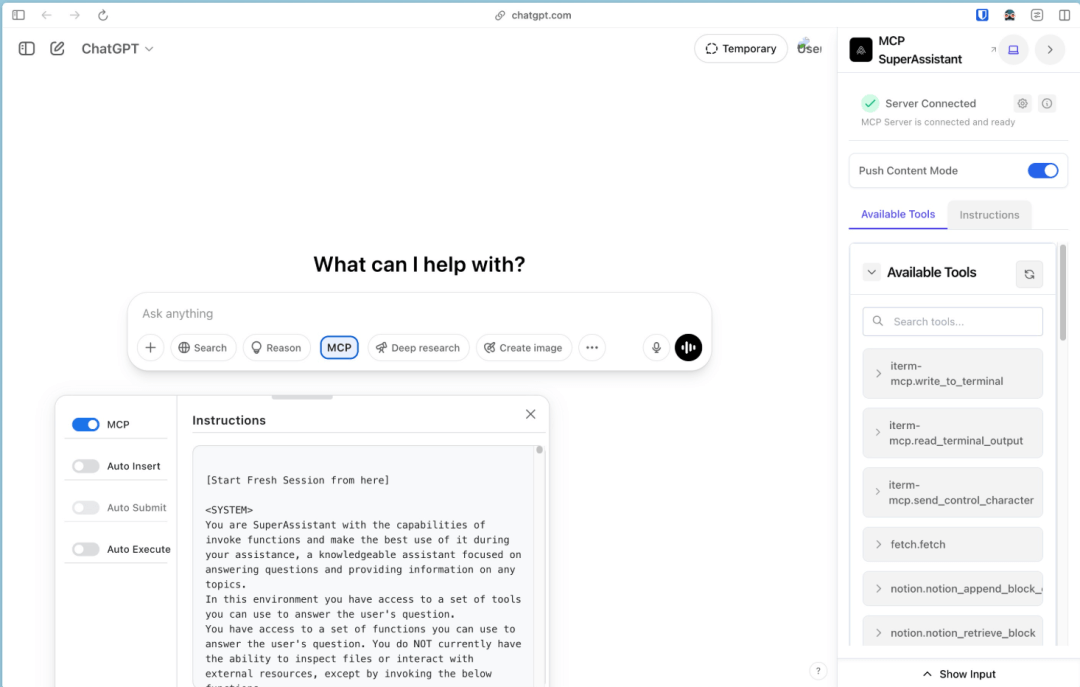ThinkChain – An open-source AI framework that enables real-time feedback of tool results into the AI’s reasoning process
What is ThinkChain?
ThinkChain is an open-source framework designed to enhance the intelligent interaction capabilities of AI tools. It establishes a real-time feedback loop between tool execution results and the AI’s reasoning process (e.g., Claude), enabling dynamic, tool-aware decision-making. ThinkChain supports automatic tool discovery, MCP server integration, and an enhanced CLI interface, allowing developers to extend functionality easily with simple Python scripts. It enables applications ranging from weather queries to database operations. Released under the MIT License, ThinkChain encourages forking and customization for intelligent solutions across diverse domains.

Key Features of ThinkChain
-
Real-Time Tool Feedback: Injects tool execution results into the AI’s reasoning process in real time, forming a dynamic feedback loop that enables the AI to reason and make decisions based on tool outputs.
-
Dynamic Tool Discovery: Automatically discovers Python-based tools placed in the
/toolsdirectory—no manual registration required. Supports hot reloading with the/refreshcommand to update the tool list on the fly. -
MCP Server Support: Connects to external Model Context Protocol (MCP) servers, expanding tool capabilities such as database operations, web automation, and more.
-
Enhanced CLI Interface: Offers a feature-rich command-line interface with color, borders, progress bars, and graceful fallback to standard text when needed.
-
Interactive Slash Commands: Provides various slash commands (e.g.,
/tools,/refresh,/config) for convenient user-AI interactions and tool management. -
Flexible Tool Development: Developers can easily implement tools using a Python class. Each tool supports custom names, descriptions, input formats, and execution logic.
-
Multi-Model Support: Compatible with multiple Claude models, allowing users to switch models based on task requirements and reasoning complexity.
Technical Foundations of ThinkChain
-
Feedback Loop Mechanism: Tool execution results are fed back into the AI’s thought process in real time. Once a tool completes, its result is injected into the next reasoning step, enabling adaptive and intelligent follow-up actions.
-
Asynchronous Streaming: Utilizes asynchronous streaming to update the AI’s thought process in real time as tool results arrive. Implemented via the
stream_oncefunction, enabling fine-grained streaming of tool outputs. -
Tool Discovery and Registration: Automatically scans the
/toolsdirectory to discover tool files. Each tool inherits from theBaseToolclass and defines itsname,description,input_schema, andexecutemethod. -
MCP Server Integration: Configured via
mcp_config.json, ThinkChain connects to external MCP servers that run as separate processes. It uses asynchronous communication to access enhanced tool capabilities.
Project Links
-
Project Website: https://martinbowling.com/thinkchain
-
GitHub Repository: https://github.com/martinbowling/ThinkChain
Application Scenarios
-
Intelligent Q&A and Information Retrieval: Retrieve data such as weather, news, or academic papers by invoking tools, allowing the AI to generate more informed and accurate responses.
-
Data Science and Analysis: Load datasets, perform data analysis, and generate visualizations to support complex data workflows with minimal manual effort.
-
Web Development and Automation: Generate code, deploy projects, and automate tasks—e.g., creating React components or deploying applications to servers.
-
DevOps and System Management: Manage containers, monitor resources, and perform auto-scaling tasks—e.g., checking Docker container health or scaling services based on load.
-
Creative Writing and Content Generation: Produce stories, marketing copy, ads, and more, with tools that help optimize and refine content based on user inputs.
Related Posts




